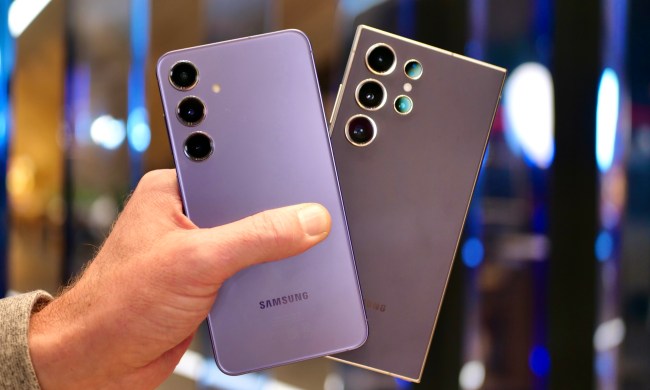
Another day, another chapter in the long-running patent battle between mobile technology giants Qualcomm and Broadcom: a federal court of appeals has vacated a ban on importing mobile phone handsets that use Qualcomm-made technology found to infringe on patents held by Broadcom. While the appeals court upheld the finding that Qualcomm infringed on a Broadcom battery-saving patent, the court also ruled that the International Trade Commission did not have the authority to impose an import ban on downstream manufacturers who used the offending chip in their devices.
The original import ban was enacted in mid-2007, although it was quickly stayed while Qualcomm’s appeal was in process. Nonetheless, the looming threat of an import ban clearly made many device manufacturers nervous, despite Qualcomm’s assurance non-infringing technology was ready to go. The court ruling effectively sets a new legal standard for what a company must do to be guilty of inducing patent infringement—and the new standard is pretty high, since companies that build devices around patent-violating Qualcomm chips are, apparently, not subject to sanctions from the ITC.
“Qualcomm is very pleased with the Court’s opinion,” said Qualcomm general counsel and executive VP Don Rosenberg, in a statement. “In effect, the Court has disapproved Broadcom’s tactic of attacking the wireless industry, including handset manufacturers and wireless operators, without providing them with the opportunity to defend themselves in the action.”
For its part, Broadcom is claiming partial victory because the appeals court upheld the original patent infringement ruling. “We are pleased that the ITC affirmed the Initial Determination that SiRF infringed three of our patents, and also confirmed the validity of all six patents. We are confident that the full Commission will ultimately affirm the findings of SiRF’s infringement on the three remaining patents at issue,” said Broadcom VP for intellectual property litigation David Rosmann, in a release.


